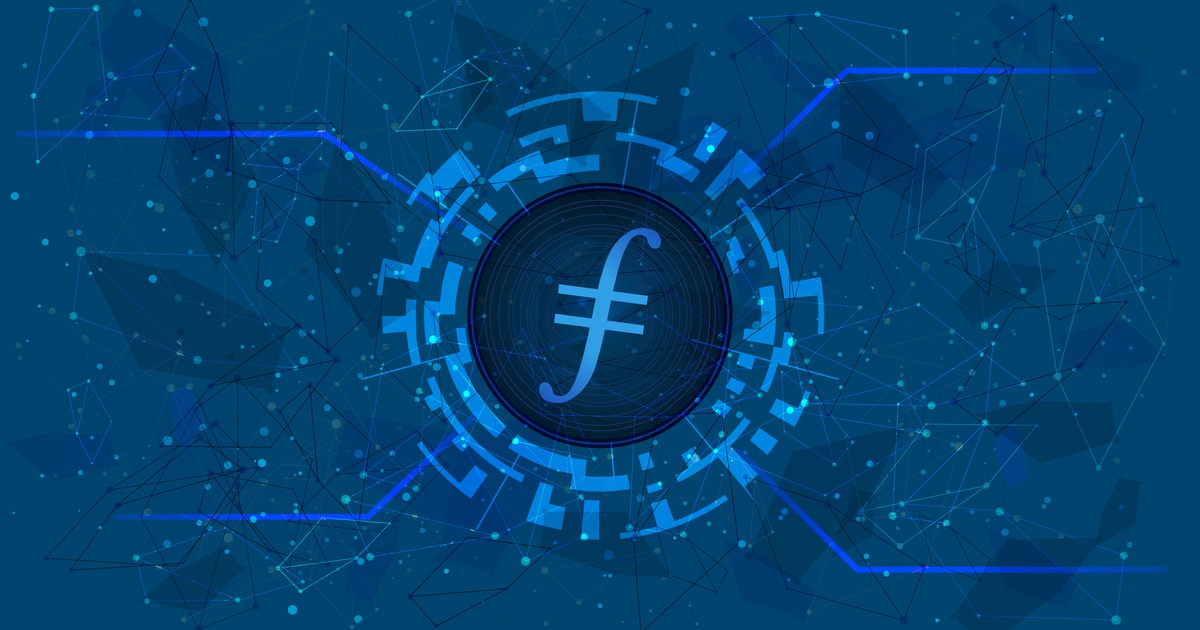- Hong Kong courts use tokenized legal notices on blockchain to freeze $2.65M in illicit crypto funds.
- Tokenized court orders on Tron wallets mark a legal first in Hong Kong’s fight against crypto crime.
- Blockchain-based legal notices prevent defendants from using ignorance as a defense in asset freeze cases.
Hong Kong courts have adopted blockchain technology to serve legal notices against anonymous owners of illicit cryptocurrency wallets. This new method, showcased in a recent case involving two Tron wallet addresses, represents a breakthrough in enforcing court injunctions in the digital space. The tokenized legal notices effectively freeze assets, ensuring recipients cannot claim ignorance as a defense.
Joshua Chu, a cybersecurity consultant at Macro Systems, the technology provider for this initiative, explained that the method not only serves as a legally recognized communication tool but also imposes a criminal liability if court orders are violated. This innovative approach deters centralized exchanges from engaging with flagged wallets, as it aligns with their anti-money laundering (AML) and know-your-customer (KYC) obligations.
In the highlighted case, the court issued an injunction freezing $2.65 million in USDT linked to an online scam. Although some assets had already been moved to exchanges before the notices were served, about $1 million remains under scrutiny.
Challenges in Traditional Legal Enforcement
Serving legal documents to cryptocurrency wallet owners has long posed challenges due to the anonymity of blockchain transactions. Traditional methods, such as in-person delivery or notices published online, often fall short in reaching these individuals.
Moses Park, legal counsel for the plaintiff in the Hong Kong case, confirmed the procedural difficulties in targeting wallet holders under existing laws. Tokenized legal notices provide a solution by enabling courts to impose a digital marker on flagged assets, akin to a “police tape.” However, limitations remain, as demonstrated by assets being transferred to exchanges before the notices were served.
Macro Systems has extended its testing of this technology to other blockchains, including Ethereum and Polygon, with plans to expand its use by 2025. The company is also exploring theoretical applications on networks like Bitcoin to enhance enforcement capabilities across diverse platforms.
Global Trends in Blockchain-Based Legal Notices
Hong Kong joins jurisdictions like the UK and US in leveraging blockchain for legal purposes. In the UK, courts have recognized non-fungible tokens (NFTs) as property and have permitted serving legal documents through NFT airdrops. Notable cases, including D’Aloia v. Persons Unknown, have showcased the effectiveness of blockchain in notifying anonymous defendants.
Similarly, in the US, courts have used blockchain to serve legal papers in cases like LCX AG v. John Doe Nos. 1-25. These actions have highlighted blockchain’s potential in addressing anonymity challenges. However, legal experts caution that jurisdictional complexities and the absence of standardized protocols continue to hinder broader adoption.












